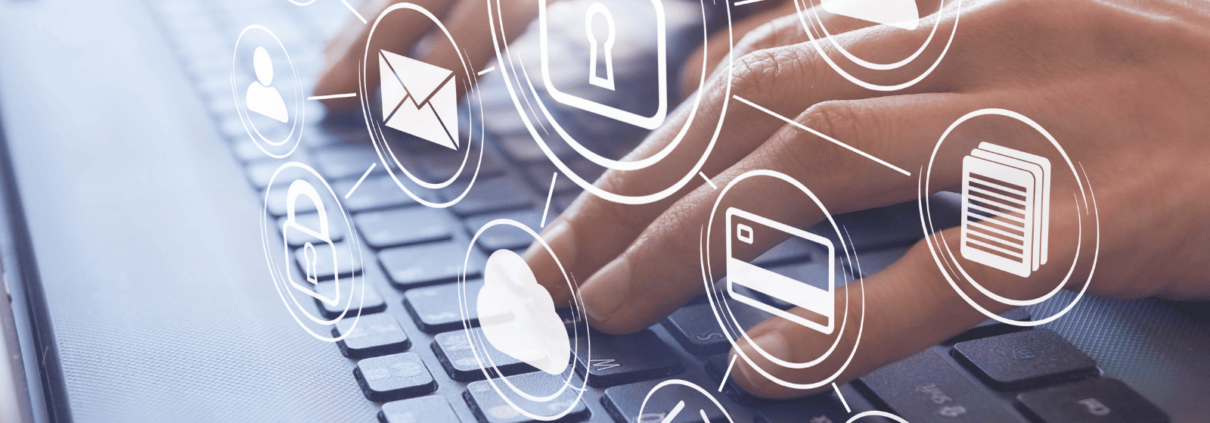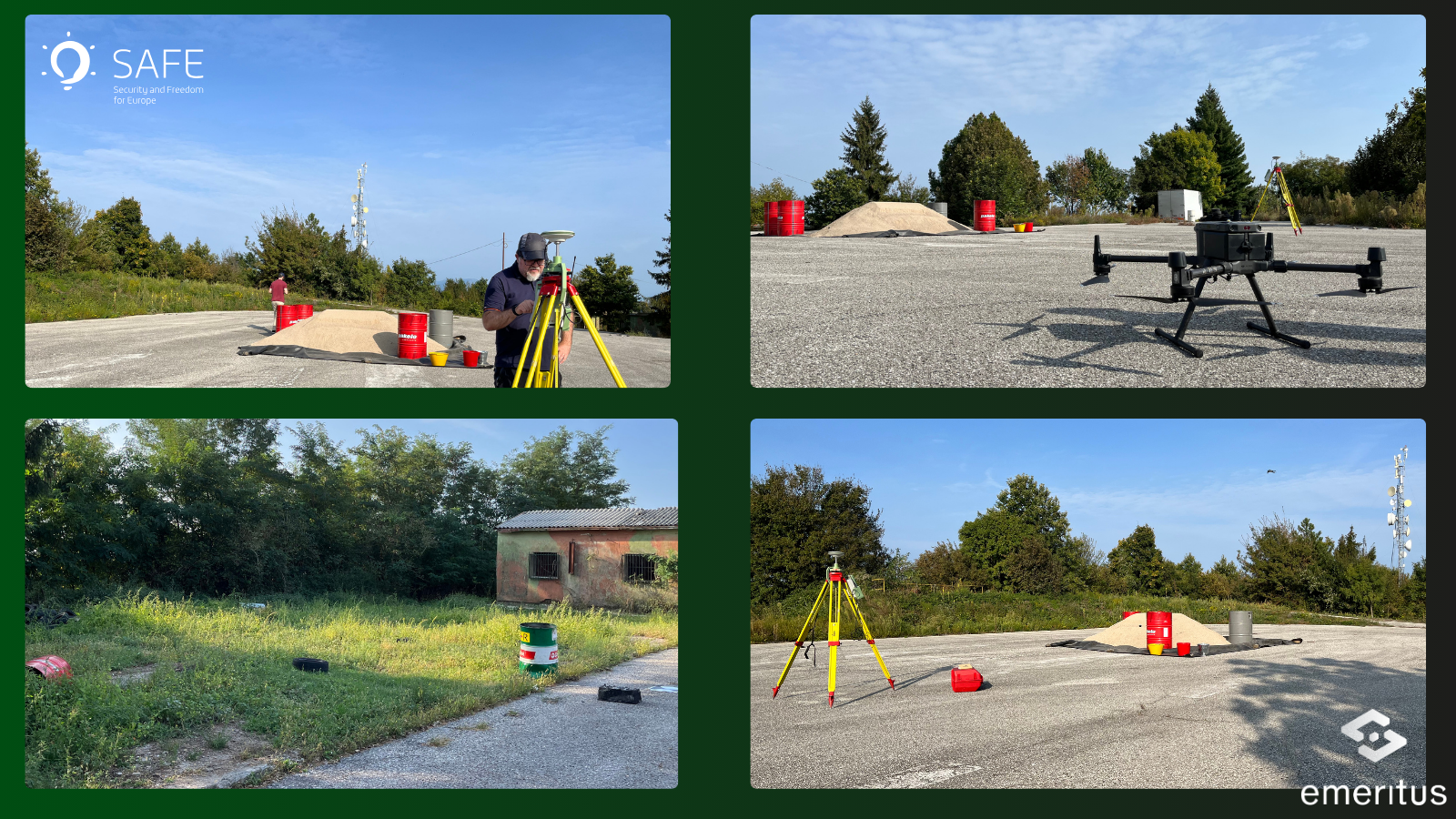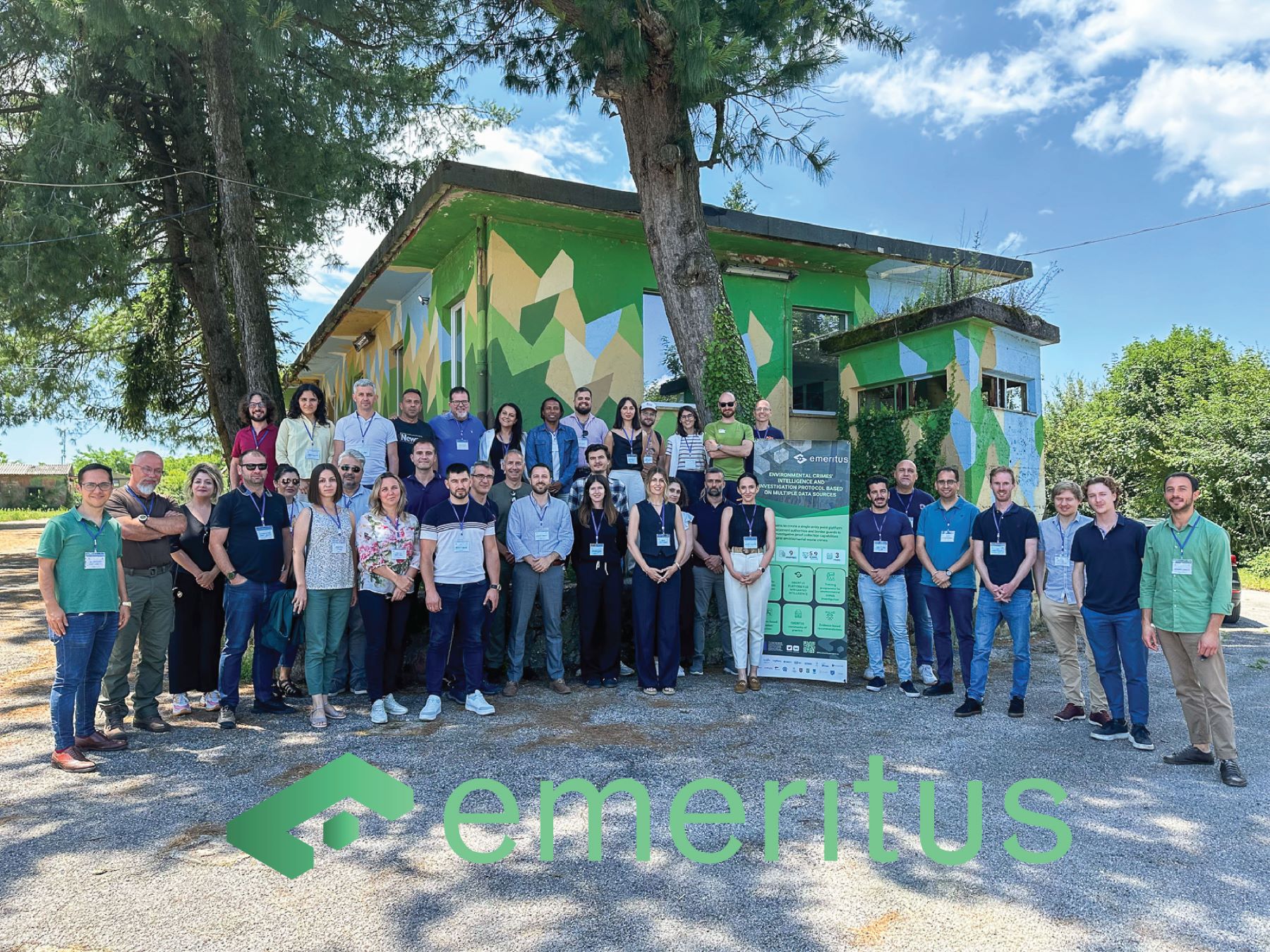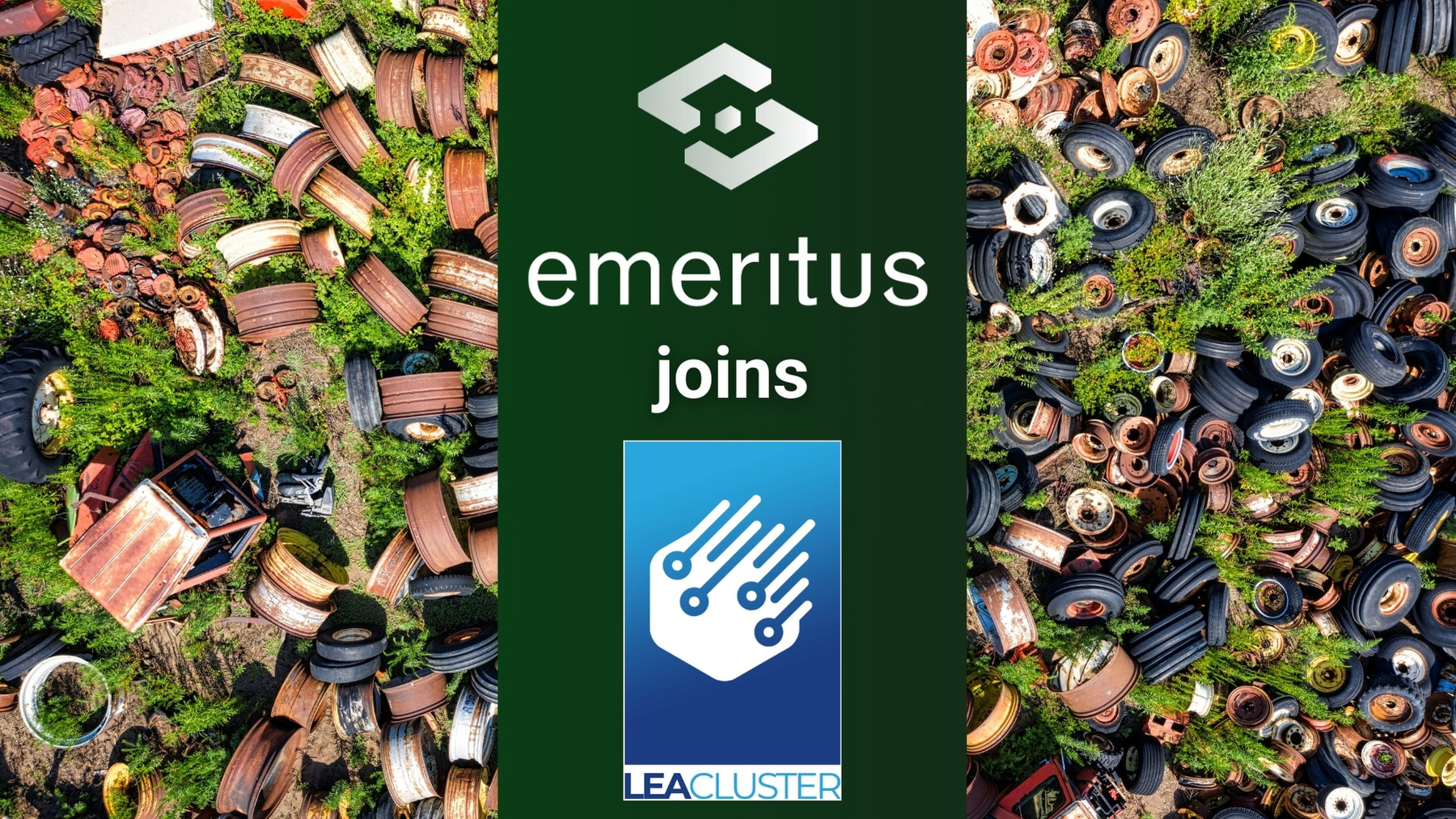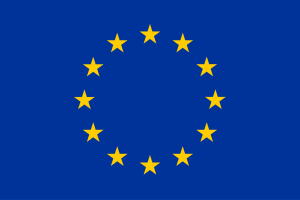Insights from Europol’s EU Innovation Hub Report
The EU Innovation Hub for Internal Security, hosted at Europol, serves as a critical network fostering collaboration ad innovation among EU agencies and Member States in the realm of internal security. By addressing technological advancements and enhancing coordination, the Innovation Hub aims to bolster security across the Union while navigating challenges like limited resources and complex mandates. The Annual Report 2023, published at the end of last year by Europol, provides a detailed account of the Hub’s achievements, challenges, and forward-looking strategies.
A collaborative mandate
Established in 2020 by the Council’s Standing Committee on Operational Cooperation on Internal Security (COSI), the Innovation Hub is a cross-sectoral platform designed to align research and innovation efforts across Europe. With representatives from agencies such as Europol, Frontex, Eurojust, and CEPOL, alongside EU institutions like DG HOME, the Hub supports the development of innovative solutions to address pressing security challenges.
In 2023, the Hub continued to act as a catalyst for innovation, delivering strategic foresight on technology, consulting on innovation projects, and identifying synergies across diverse internal security domains, including justice, border security, immigration, and law enforcement.
Achievements in 2023
Despite resource constraints, the Hub reported significant milestones.
The flagship Innovation Hub Annual Event was held in Brussels, gathering 180 experts, practitioners, and policymakers. Key panels covered topics such as encryption, regulatory sandboxes, and the application of EU security research. Feedback from participants underscored the event’s success in fostering dialogue and advancing innovation.
To improve collaboration, the Hub assessed existing communication platforms for internal security. This effort culminated in a proposal to adapt CEPOL’s Law Enforcement Education (LEEd) platform, enabling streamlined information exchange and resource sharing across stakeholders.
AI remained a focal point, with Europol sharing insights from its AP4AI project and a report on ChatGPT’s implications for law enforcement. Encryption was another priority, with updates on quantum computing’s potential impact and collaborative efforts on the forthcoming Observatory Report on Encryption.
The introduction of thematic clusters, focusing on foresight, biometric recognition, AI, and encryption, marked a strategic shift to streamline activities and engage members on relevant topics.
Lessons learned and future plans
An internal assessment highlighted the Hub’s effectiveness despite limited resources but also revealed areas for improvement. Challenges such as misaligned priorities among agencies and varying levels of innovation capacity were addressed by introducing thematic clusters. These clusters are expected to enhance collaboration while allowing members to focus on areas most pertinent to their mandates.
The assessment also underscored the importance of a dedicated budget and greater resource allocation to sustain and expand the Hub’s efforts.
The 2023 Annual Report underscores the EU Innovation Hub’s pivotal role in driving innovation in internal security. By fostering collaboration, leveraging innovative technologies, and addressing shared challenges, the Hub continues to lay the foundation for a safer Europe. The adjustments made in 2023 signal a promising trajectory for achieving its multi-annual goals.
Read the complete report on the Europol website.
